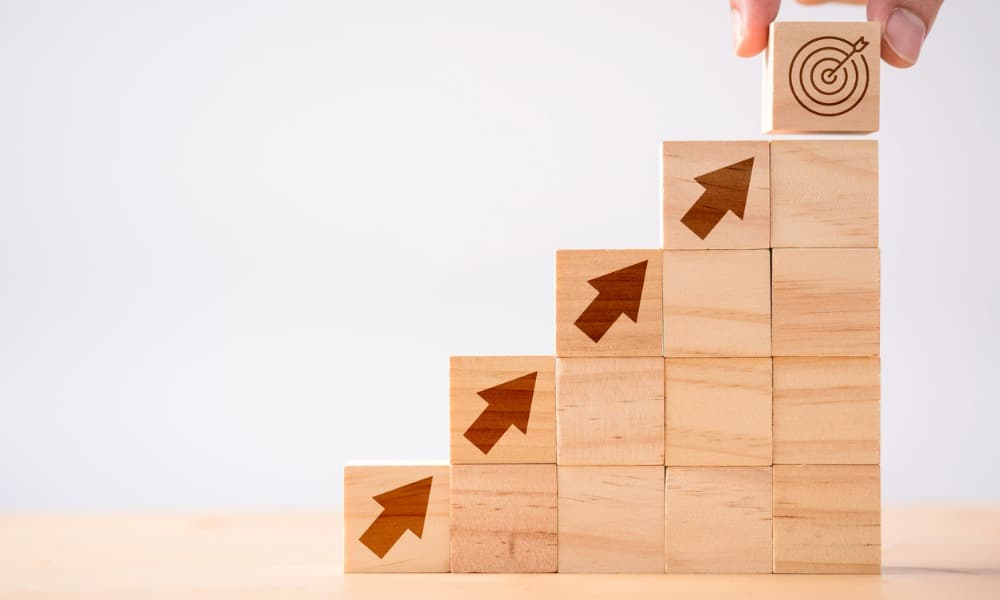Proactively Trying to Move to the Next Stage of Adult Development: The Last Three Stages
We’re back with more about how to transition from one stage of vertical development (or adult development) to the next. Now, we’re focusing on the post-conventional phases. Post-conventional means these stages have the common characteristic of shedding some societal norms and expectations. This may look like letting go of stories we’ve always told about ourselves or “rules” created by our culture or community that we realize are not serving us.
(Didn’t get a chance to read the first article about the conventional stages? Head over here to read that first.)
The first of the post-conventional stages is Redefining. Let’s start there.
5. Redefining
Fueled by questions about what our striving is actually getting us, we transition into Redefining. In this stage, we question the beliefs and values we’ve been living by. Are they still serving us? Are there other ways to be in the world?
Our work at this stage is to identify and live in alignment with our own values as opposed to those put on us by outside sources such as our family, our boss, and our culture. Our transition from outside-in (focus on the group and then myself in Achiever) to inside-out thinking (focus on myself first and then the group in Redefining) marks the Redefining stage and moves us from the conventional to post-conventional stages of vertical development.
Other characteristics we display in the Redefining stage include a genuine appreciation for diverse perspectives and a belief that all perspectives have equal value. Our constant goal-directed activity as Achievers is tempered by a desire to just be, and, in this stage, we often fully incorporate a pause practice of some sort, such as yoga or meditation, as a requirement in our lives
As perhaps the most significant transition in the vertical development journey, this one can be the most uncomfortable for us and those around us. We can feel disconcerted and unsettled by our need to integrate all the self-reflection.
Moving out of Redefining to Strategist requires us to be clear in our values and ready to bring those to others around us, in service to the greater good of the organization or community.
6. Strategist
As Strategists, we have a great deal of capacity, having grown through many previous stages. We can see complexity and navigate it, appreciate and integrate numerous perspectives, reflect on and adjust our own thinking and behavior as needed, and hold opposing ideas simultaneously. Moving beyond the belief that all perspectives are equal, Strategists discern which perspectives are closer to the truth, and use those to inform decisions and actions.
The main limitation of the Strategist mindset is our belief that reality is real, and that everyone is operating from that same objective view of reality. As our growth journey continues from here, it becomes harder to identify shared elements as our individual expression begins to be more personalized and because so few of us reach the latest stages of development.
Moving from the Strategist to the Alchemist requires fully letting go of societal norms, expectations, and beliefs and the idea that we are all having a similar experience of the same situation. It can be a lonely transition as less than one percent of people enter the Alchemist stage in their lifetimes.
7. Alchemist
As Alchemists, we begin to see that reality is constructed, and we recognize the implications of that fabricated reality. This can be another fraught stage because there is less solid ground – there is a sense of artificiality and a lack of permanence. Alchemists may feel a oneness with the universe, which can bring us a great deal of joy but can also be very isolating. We may feel like no one sees what we see and no one understands us.
Alchemists can see the big picture of the world’s problems, and try to ignite change on a global scale and across generations. Spirituality and various forms of artistic expression may take on greater importance to us in this stage, as words feel insufficient – the same way it’s difficult for a photograph to truly capture an actual landscape.
This is the last stage in adult development that we have documented so far. There may very well be stages after this one that will be identified in the future.
Learn more with The Sparks Group
Moving through the stages of vertical growth can be an incredible process – and it can be difficult and even painful. Growth is usually challenging, even though the results are vital to helping us mature into more resilient leaders and human beings.
Vertical development is much easier to understand with the help of an experienced coach. At The Sparks Group, we’re ready to help leaders know where they currently stand with an assessment of their current stage of adult development as well as guidance and expertise about how to reach the next stage and why it matters. We support leaders in expanding their capacity to address the needs of an increasingly complex world.
Reach out to The Sparks Group today to set up a free 30-minute call to learn more about vertical development to support your own development or your team.
Not ready to talk about vertical development yet but want to learn more? Check out our White Paper. For strategies to implement and promote vertical development in your organization, read our eBook.

